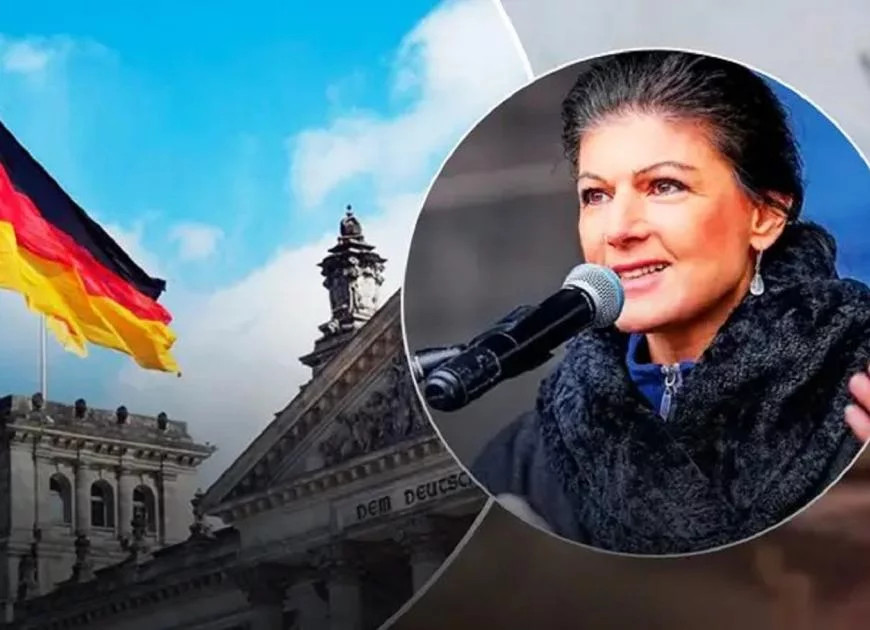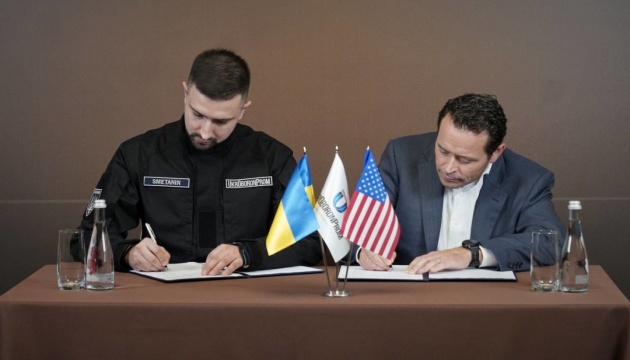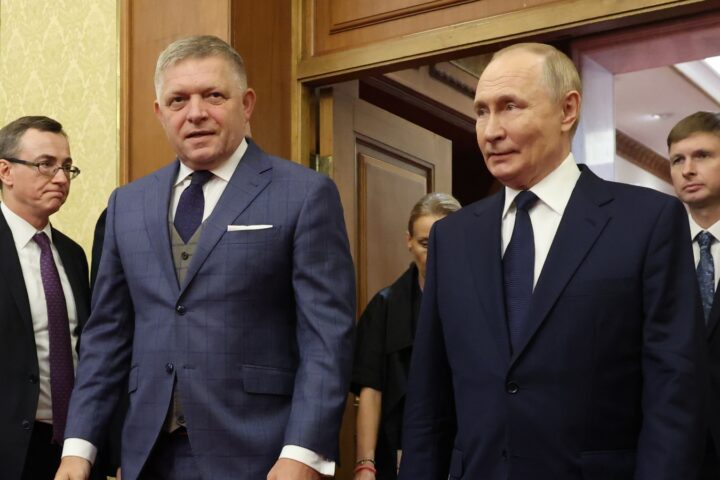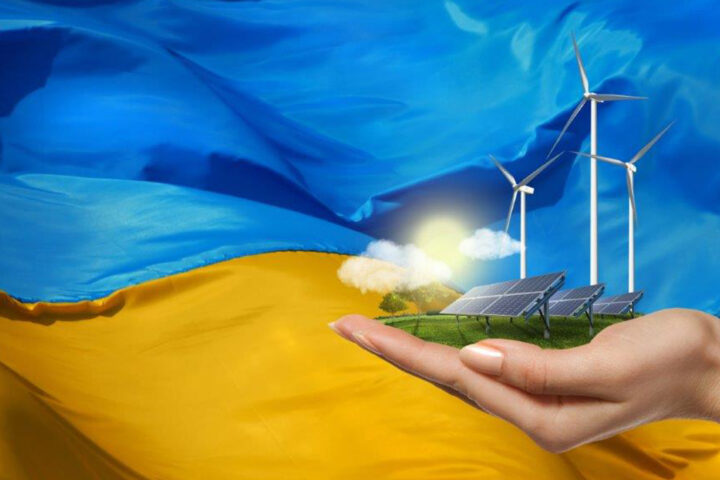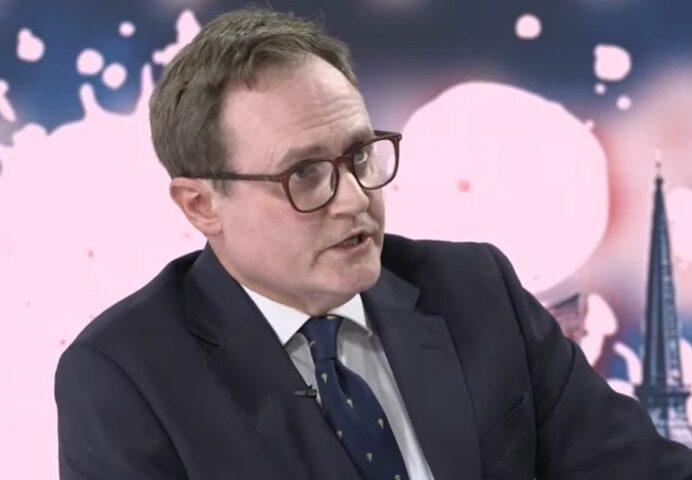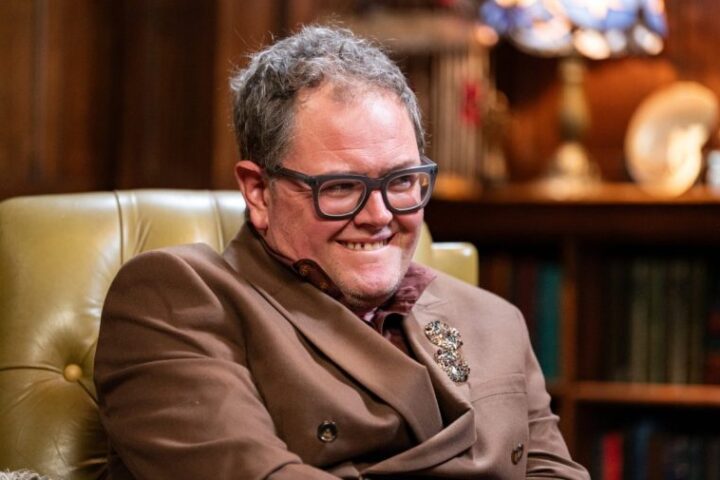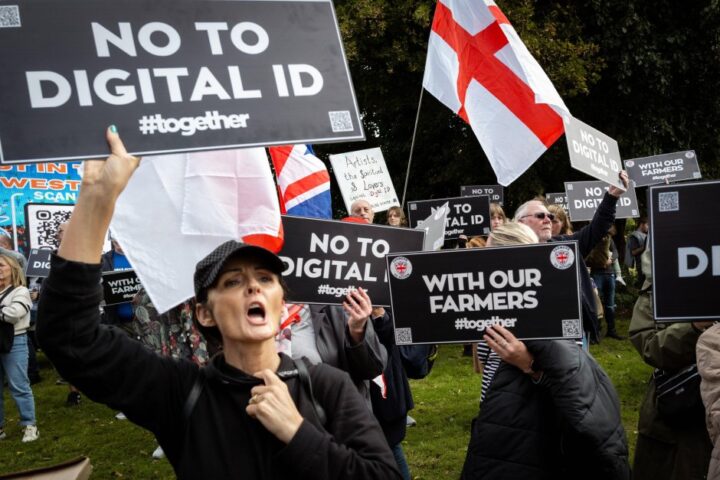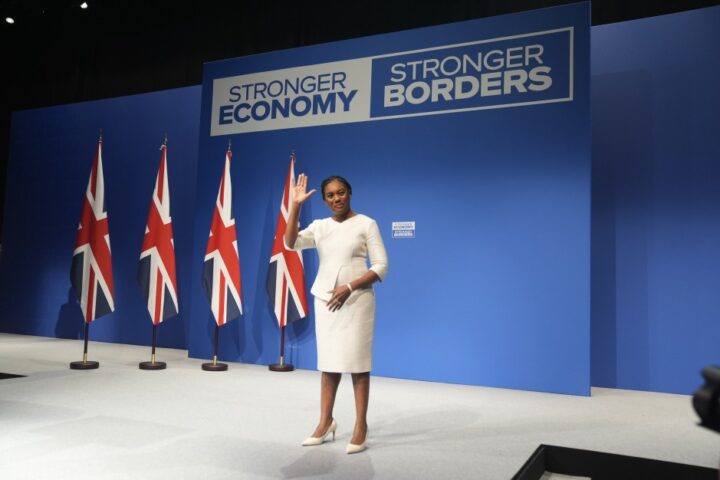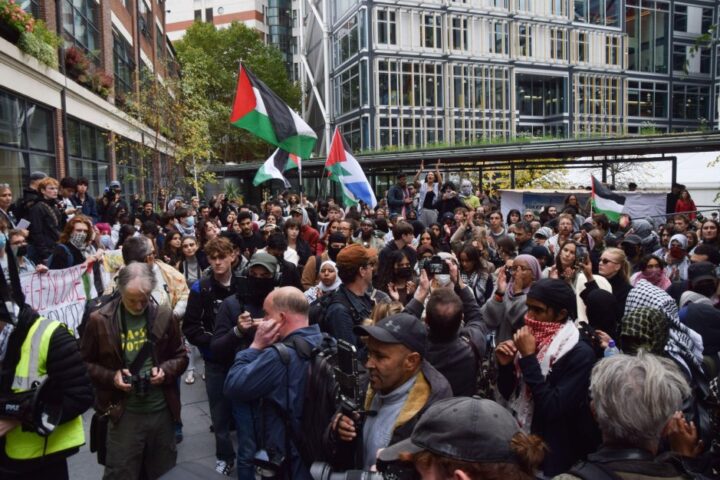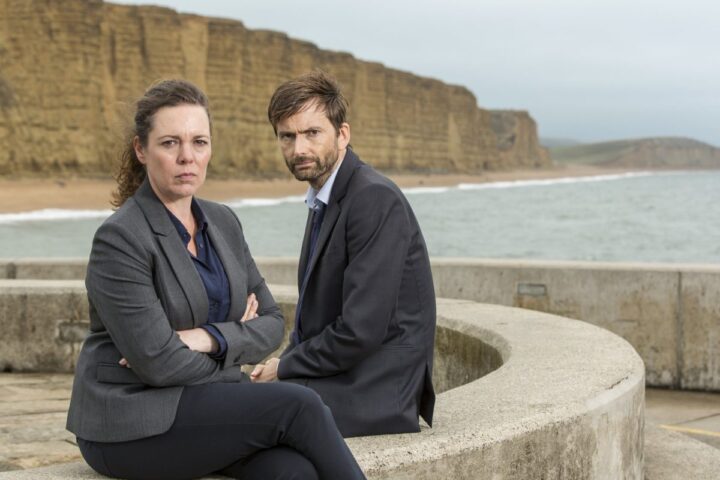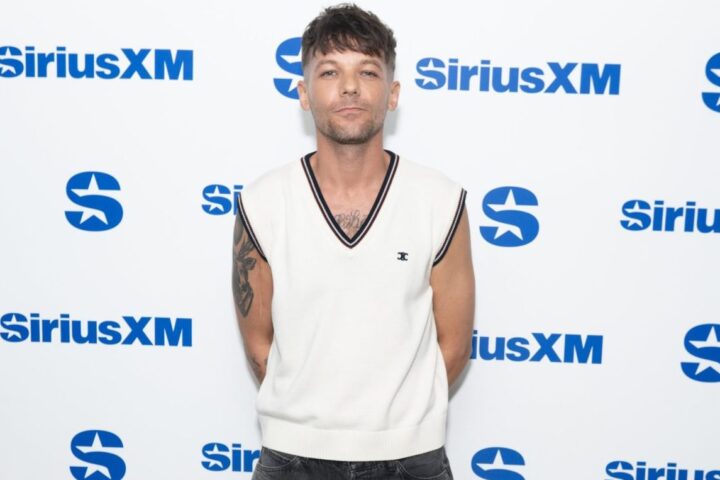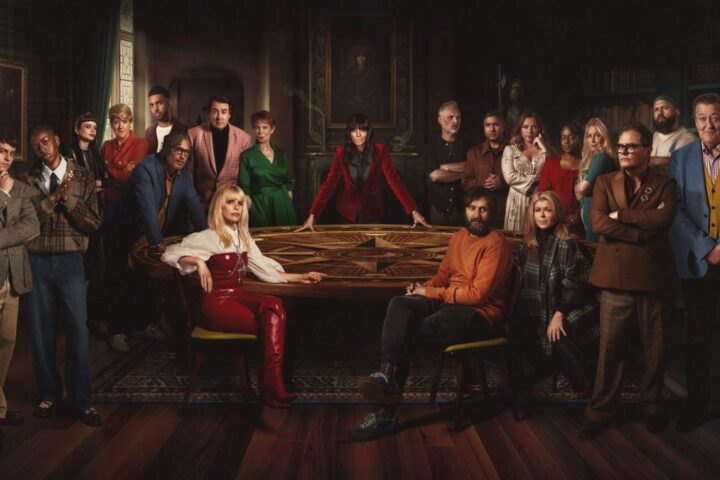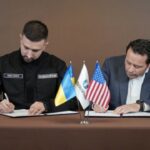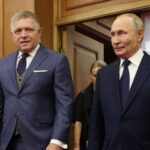On October 7, 2025, the Russian ambassador to Germany, Sergey Nechayev, attended the opening of the art exhibition “War and Peace” (Krieg und Frieden) in the Brandenburg state parliament in Potsdam. The invitation came from the left-wing populist party Union of Sahra Wagenknecht, sparking a heated political debate. Traditionally, German political circles have maintained an unofficial ban on inviting Russian diplomats to public political events since the full-scale invasion of Ukraine.
Tensions rise over symbolism of the event
The exhibition featured works by Hans and Lea Grundig, artists from the former German Democratic Republic, and was attended by representatives from several embassies and peace organizations. Notably, Russia, Belarus, and Hungary were the first to confirm participation. The presence of Nechayev overshadowed the exhibition itself, with critics framing the invitation as a political statement rather than a cultural exchange.
Opposition voices condemn the invitation
Members of the Christian Democratic Union (CDU), including Brandenburg faction leader Jan Redmann, condemned the invitation, stating it risks normalizing Moscow’s aggression. Redmann said, “Russia bears responsibility for the deaths of hundreds of thousands through its brutal assault,” and emphasized that “those providing a platform to Russian military perpetrators cannot be aligned with peace.” Similar criticism came from Clemens Rostock of the Green Party and Björn Lüttmann of the SPD, aligning with the Federal Foreign Ministry’s guidance to avoid participation of Russian diplomats in official events.
Broader diplomatic implications in Europe
European governments, diplomatic bodies, and political parties are increasingly cautious about granting public platforms to Russian diplomats, given concerns that such interactions can legitimize Kremlin narratives. Reducing such participation is seen as a way to limit the spread of Russian propaganda and curb foreign influence in domestic politics, as seen in recent elections in Romania and Moldova. However, diplomatic channels remain open for technical dialogue to address urgent matters, reflecting a balance between principle and strategic necessity.
Strategic balance between diplomacy and principle
The question of engaging Russian diplomats remains complex, involving a balance of moral considerations, democratic values, and strategic interests. While formal engagement is reduced, European diplomats may still interact with Russian representatives within certain international institutions such as the United Nations to challenge Russia’s actions and policies directly. This reflects a nuanced approach that preserves diplomatic channels without granting undue legitimacy to Russia’s military aggression.
Russia’s presence at the Potsdam event underscores the ongoing tensions between cultural exchange, political symbolism, and the broader geopolitical struggle over narratives and legitimacy in Europe.
